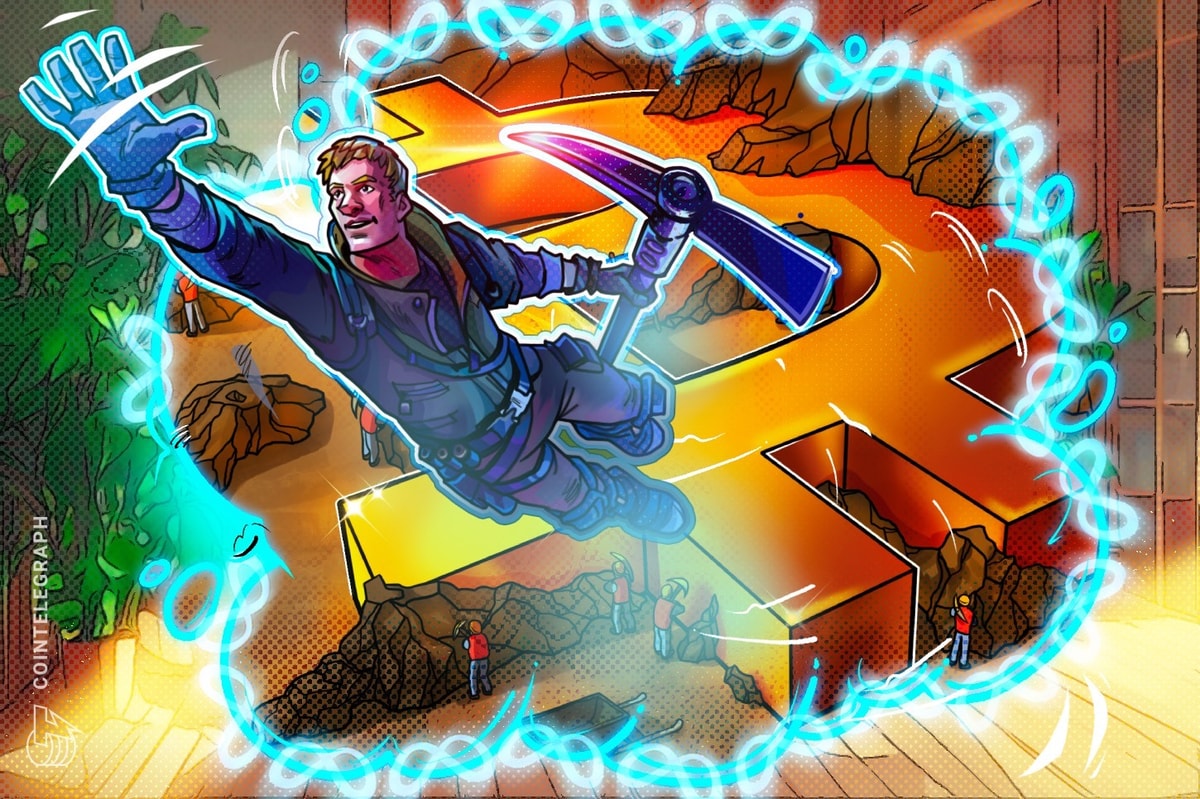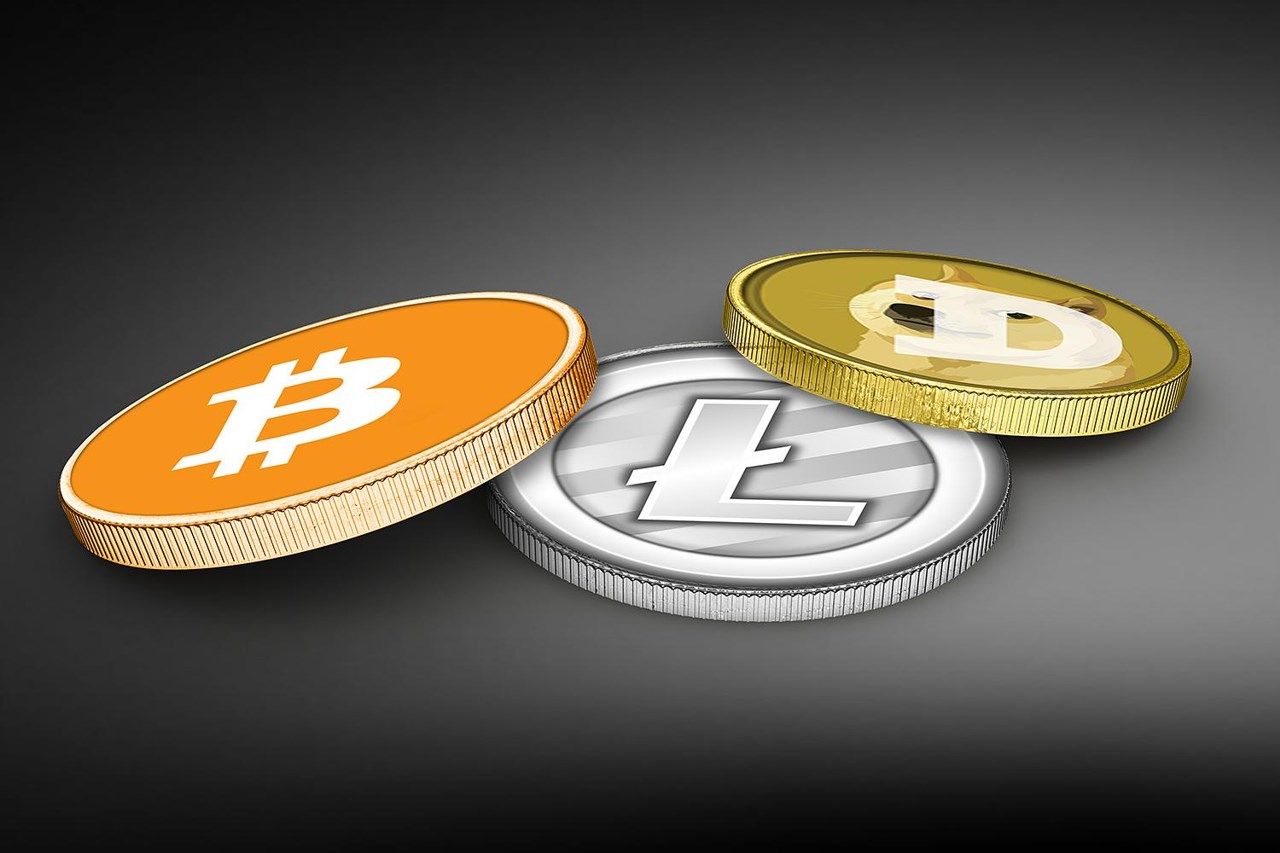
When it comes to the blockchain space, entrepreneurs and potential investors can both end up stumbling over the underlying technology. While industry insiders are clear on, and often passionate about, how blockchain works, investors are more interested in what it can achieve.
If either side gets bogged down in technical details, it’s unlikely an investor will be able to grasp the impact and potential ROI of investing in a blockchain project. Here, 17 members of Cointelegraph Innovation Circle share ways blockchain companies can better explain blockchain projects to, and earn the confidence of, potential investors.
Tailor your message according to the investor category
Distinct communication strategies are needed based on the category of investor. Retail and angel investors are more risk-tolerant, and you need to have a business plan for short-term gains. Venture capitalists and family offices, on the other hand, are more risk-averse and are looking for opportunities within the technologies and infrastructure of the blockchain. – Arvin Khamseh, SOLDOUT NFTs
Explain how your solution can build partners’ and clients’ revenue
Companies working on blockchain infrastructure should focus on how their solution enables their partners and clients to increase revenue. Too often, such companies focus their pitch on the technology, when investors really care about how that technology enhances the ability of partner companies to generate profits. Companies should also articulate how they intend to stay viable in bear markets. – Jason Fernandes, AdLunam Inc.
Focus on advantages for the end-user
Education is key. Instead of using technical jargon or going into terms like “democratizing investments” or “enabling a trustless society,” keep it simple and focus on the advantages for the end-user. Ultimately, clients are concerned about three things. Is it safer? Is it more convenient? Is it cheaper? If the answer to these questions is “yes,” then it’s a better system. – Tammy Paola, Zerocap
Connect concepts to familiar situations
Blockchain infrastructure companies can better explain their products to investors by using relatable examples and emphasizing that decentralization and digital ownership represent the internet’s evolution. Connecting concepts to familiar situations helps investors grasp Web3 technology’s potential impact, benefits and competitive advantages, leading to informed investment decisions. – Tomer Warschauer Nuni, Kryptomon
Define your product’s utility and USP upfront
Blockchain infrastructure critically supports the protocol layer and a given ecosystem’s projects. When speaking to potential investors, clearly define a product’s utility and unique selling proposition upfront. Why does building the interchain highway matter? Why are software development kits needed? Then dive into the more complex technical details that execution will require. – Rene Reinsberg, Celo Foundation
Explain key details and benefits in simple terms
It is really essential to explain, in simple terms, who the consumer of the service or product is going to be, the product’s advantages and benefits when compared to alternative options, who the actual buyer will be (if different from the consumer), and how the service or product is or going to be monetized. Any research on the potential regulatory risks and considerations is always a plus. – Nimit Sawhney, Voatz
Distill the aims of your project down to one straightforward sentence
We’re still very much in the “dial-up” phase of Web3, so there’s still work to be done when it comes to translating this intricate technology into easy-to-understand information. Try to sum up the aims of your blockchain infrastructure developments in one sentence — in straightforward, uncomplicated language, with no jargon. If you can’t, you may not be ready for external investment. – Sandy Carter, Unstoppable Domains
Speak in terms of real business potential
Explain your project to investors in terms of real business potential or use case goals and features. Don’t use blockchain-specific terms, except when you’re explaining how the technology offers unique capabilities or security. – Joe Roets, Dragonchain
Join the community where you can transform the future. Cointelegraph Innovation Circle brings blockchain technology leaders together to connect, collaborate and publish. Apply today
Show these three things
The key is to keep it simple and to show three things: 1) that your product solves a problem; 2) that the market for the solution is large and profitable; and 3) that your solution is unique and positioned to capture the market. The pitch deck should be story-like, short and use graphics more than words. – Shawn Douglass, Amberdata
Blend key information with data-driven storytelling
Blend your product and/or technology information with data-driven storytelling. Communicate through visuals, useful analogies and historical comparisons with similar case studies that demonstrate impact vis-a-vis market growth, consumer behavior and trends. – Yaoqi Jia, AltLayer
Talk about what your solution does, not how it works
When pitching to investors, focus on what your solution does, not how it works. Far too many people think that when they’re pitching new technology, the presentation should be based on how it works. However, you are just confusing potential investors by taking this approach. They want to know what it does and how they are going to make money. – Brian D. Evans, BDE Ventures Ventures
Craft a message based on value, outcomes, usage and the problems being solved
Messaging about blockchain infrastructure is becoming undifferentiated and centered around “more of the same,” with technical features being primarily touted. Investors want to know what people can do with your product, not what your product can do. Craft your message in terms of value, outcomes, usage and the problems being solved, as opposed to going deep into technical talk about features and functionality. – Nitin Kumar, zblocks
Explain why your solution is better than that of your closest peer
Be sure to understand how and why your product is substantially different from everything else on the market. Be able to point to your closest peer’s solution and explain why yours is better. If you can’t do that, then why are you asking for money in the first place? – Jae Yang, Tacen
Demonstrate how your products complement known systems and reduce risk
It has taken me far too long to understand the advice to “simplify”; it’s ironic and hilarious because that is what our infrastructure does. What potential investors need to know about your company is that your products extend and complement known systems and that you have worked to reduce business and user risk rather than introduce it. Everyone understands risk mitigation. Innovation is a bonus. – Stephanie So, Geeq
Share the ways blockchain can solve existing problems
Blockchain companies should focus on explaining, with simple words, the real-world use cases for their products by giving examples of how the blockchain infrastructure can solve existing problems. This can assist potential investors in valuing the possible worth of the technology and understanding how it can simplify their life. – Bogomil Stoev, Seasonal Tokens
Remember that investors are interested in ROI and impact
Focus on your technology’s benefits and value rather than the technical details. Remember, investors are generally more interested in the potential return on their investment and the impact a company’s product can have. It’s essential for blockchain infrastructure companies to explain how their technology solves real-world problems, creates value for users and has a competitive advantage. – Theo Sastre-Garau, NFTevening
Dig into the revenue streams
Highlight the revenue streams for your products. To show that your company is built on real yields and not just empty hype, it’s important to clearly communicate the fundamentals that will make your business a profitable investment in the long term. – Wolfgang Rückerl, ENT Technologies AG
This article was published through Cointelegraph Innovation Circle, a vetted organization of senior executives and experts in the blockchain technology industry who are building the future through the power of connections, collaboration and thought leadership. Opinions expressed do not necessarily reflect those of Cointelegraph.
Learn more about Cointelegraph Innovation Circle and see if you qualify to join.
Read More: cointelegraph.com









 Bitcoin
Bitcoin  Ethereum
Ethereum  Tether
Tether  XRP
XRP  Solana
Solana  USDC
USDC  Dogecoin
Dogecoin  Cardano
Cardano  TRON
TRON  Lido Staked Ether
Lido Staked Ether  Wrapped Bitcoin
Wrapped Bitcoin  Sui
Sui  Chainlink
Chainlink  Wrapped stETH
Wrapped stETH  Avalanche
Avalanche  Stellar
Stellar  Shiba Inu
Shiba Inu  Hyperliquid
Hyperliquid  Hedera
Hedera  LEO Token
LEO Token  Bitcoin Cash
Bitcoin Cash  Toncoin
Toncoin  Litecoin
Litecoin  Polkadot
Polkadot  USDS
USDS  WETH
WETH  Pi Network
Pi Network  Monero
Monero  Wrapped eETH
Wrapped eETH  Pepe
Pepe  Bitget Token
Bitget Token  Binance Bridged USDT (BNB Smart Chain)
Binance Bridged USDT (BNB Smart Chain)  Ethena USDe
Ethena USDe  Coinbase Wrapped BTC
Coinbase Wrapped BTC  WhiteBIT Coin
WhiteBIT Coin  Bittensor
Bittensor  Uniswap
Uniswap  Dai
Dai  NEAR Protocol
NEAR Protocol  Aptos
Aptos  Aave
Aave  OKB
OKB  Ondo
Ondo  Jito Staked SOL
Jito Staked SOL  Cronos
Cronos  Internet Computer
Internet Computer  Ethereum Classic
Ethereum Classic  BlackRock USD Institutional Digital Liquidity Fund
BlackRock USD Institutional Digital Liquidity Fund